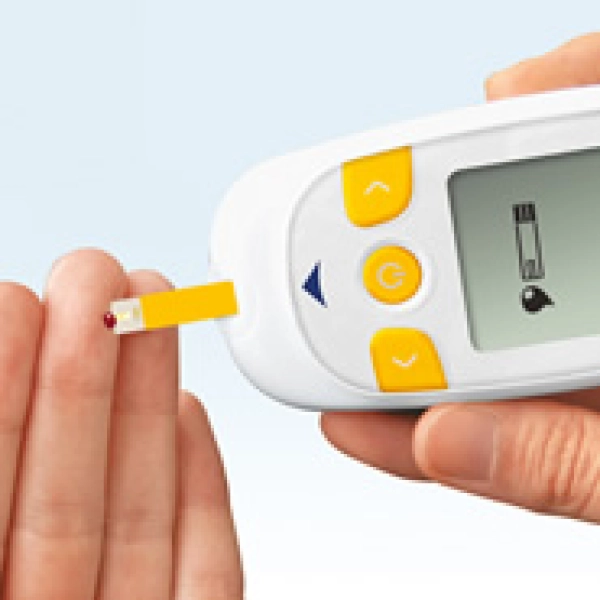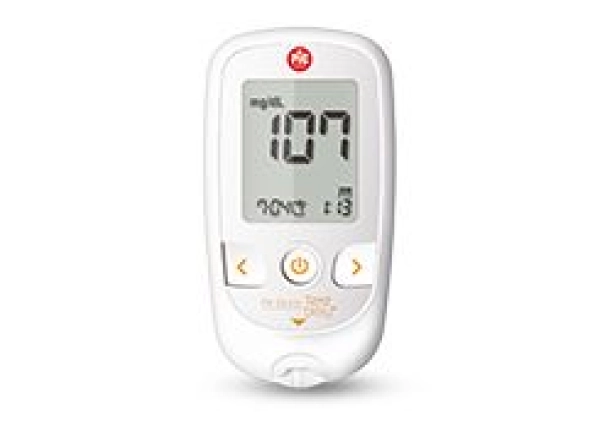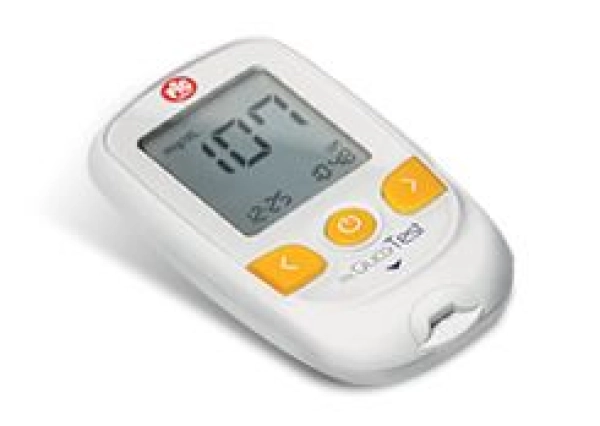

Blood sugar values depend on the concentration of glucose in the blood. Glucose is a type of sugar that is crucial to the brain's metabolism and fuels our cognitive activities: our memory, calculation and language performances depend on the level of glucose in the blood, among other things. The brain is unable to synthesize glucose or store it, so it depends entirely on what is released by other organs in our body, and first and foremost the pancreas. When the cells in the pancreas that are supposed to produce insulin - a hormone that regulates the level of sugar in the blood - don't work properly, the concentration of glucose decreases and causes the phenomenon known as hypoglycaemia. When blood sugars fall below a certain threshold, the so-called glycaemic balance is compromised and the first victim is our brain, which starts to feel a little "clouded".
In a healthy person, blood sugar levels stay between 70 and 110 mg/dl even when fasting, thanks to a series of physiological processes that balance out glucose concentration. When blood sugar drops below the minimum, hypoglycaemia spurs our body to react with a coordinated series of actions, including in particular the production of insulin to restore the right amount of sugars. If this defence mechanism is shaky, glucose can still be introduced into the body in at least two ways: by eating carbohydrates or by injecting insulin. However, many medical and scientific researches have shown how difficult it is to identify an exact value for the onset of hypoglycaemic symptoms. Individuals accustomed to high blood sugar levels may feel hypoglycaemic symptoms even with blood sugar valuesabove 65 mg/dl. On the contrary, when the body has a well-established glycaemic control system, even values below 65 mg/dl may not trigger the effects of hypoglycaemia.
Hypoglycaemia occurs more frequently in childhood than in adulthood, and may have a genetic predisposition. In adults, the main causes of hypoglycaemia are by far represented by drugs, and in particular by insulin, the hormone that governs the metabolism of sugars in our body but which can, in excessive doses, cause hypoglycaemia. According to some researches, people with diabetes who take insulin are the most at risk of hypoglycaemia, with an average of eight moderate episodes and one severe one per year. On top of a wrong insulin dosage, diabetic patients can suffer from hypoglycaemia caused by intense physical activity they had not planned for or compensated adequately with nutrition, by prolonged fasting, or by alcohol drunk on an empty stomach.
The complete opposite of hypoglycaemia is hyperglycaemia, which occurs when blood sugar values are very high, above 180 mg/dl. Just as with hypoglycaemia, the causes of hyperglycaemia are connected to insulin, taken in insufficient doses or with ineffective action. This may be caused in turn by a failure to follow therapy correctly, an increased need for insulin, a "carb-fest" in predisposed subjects or even certain diabetes medications.





